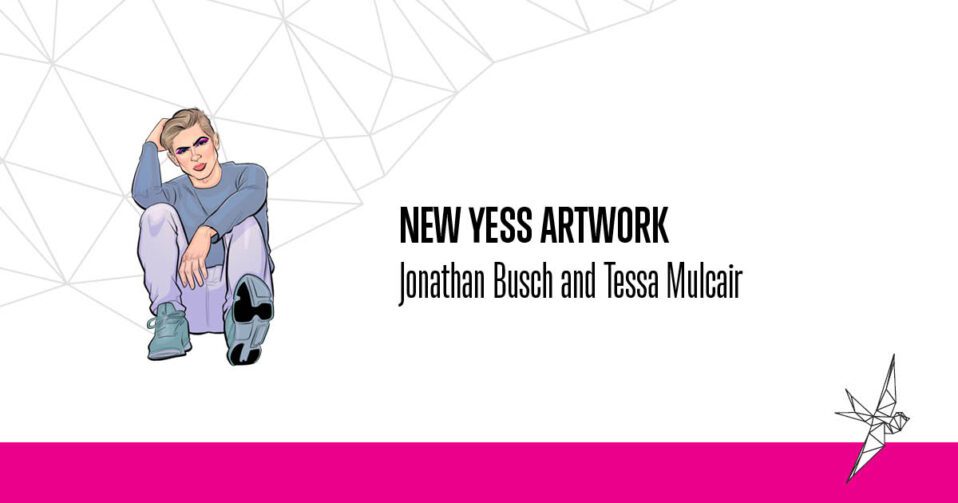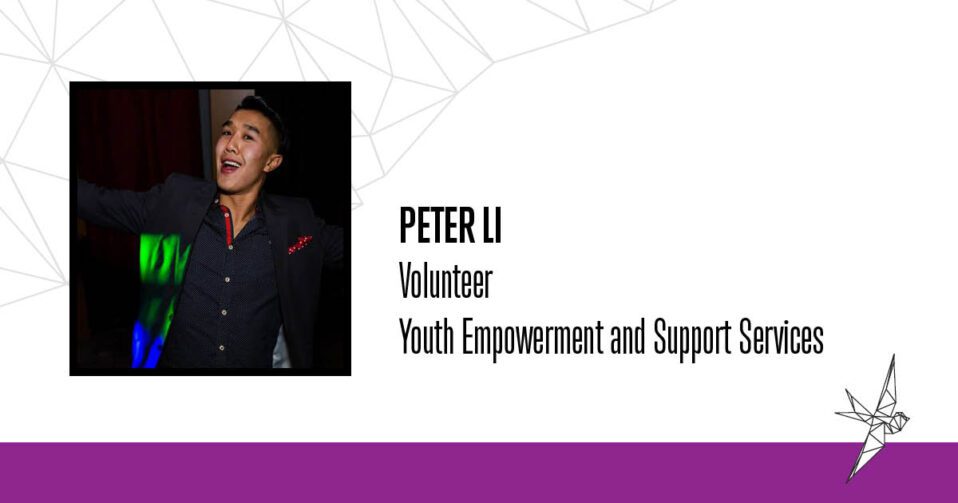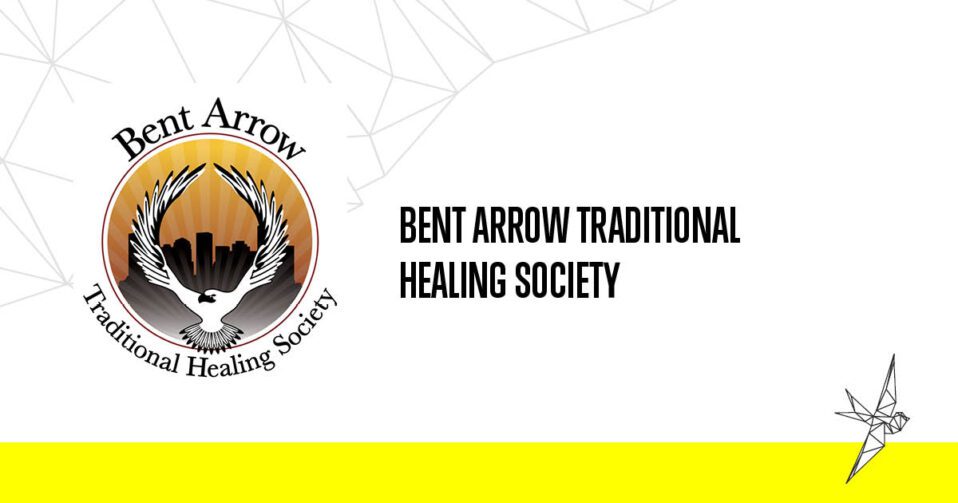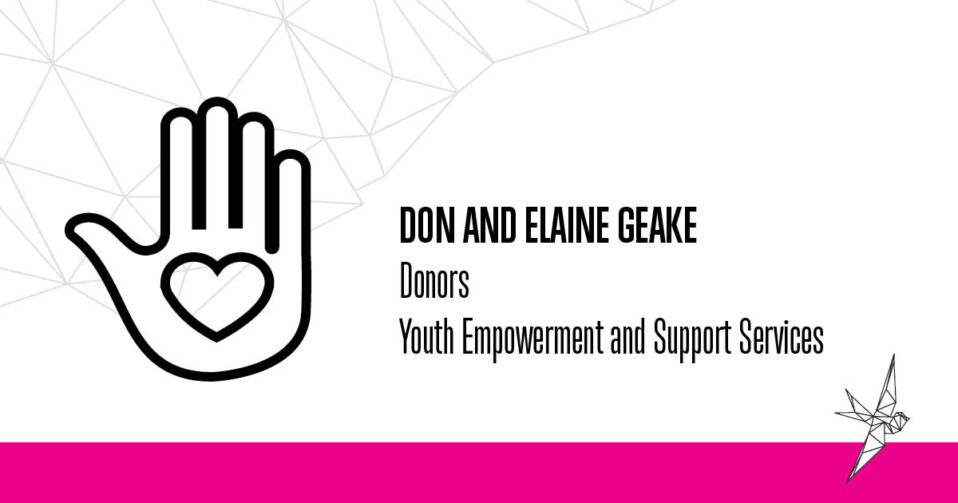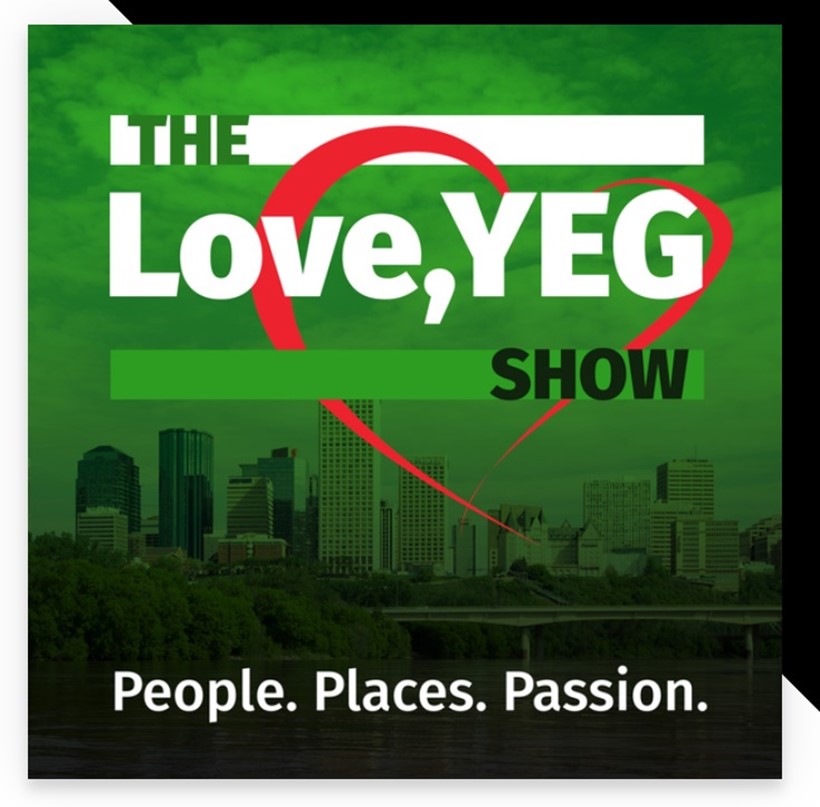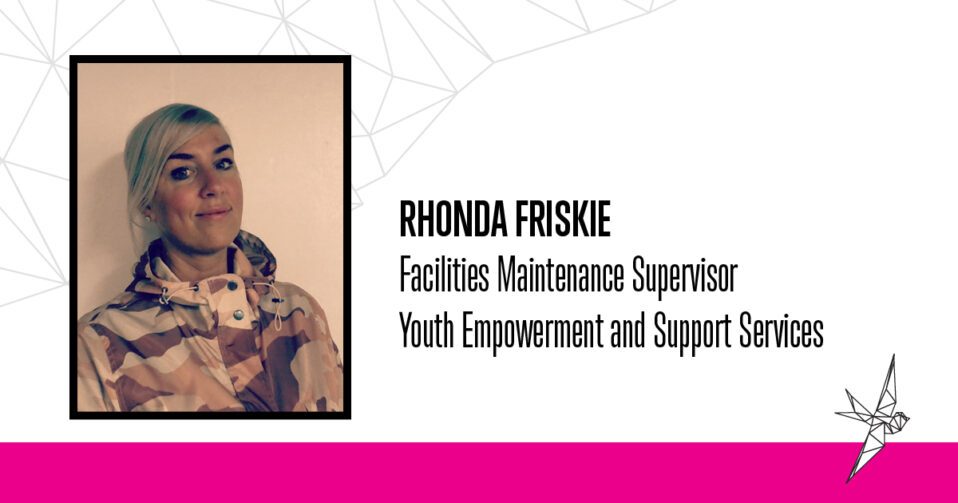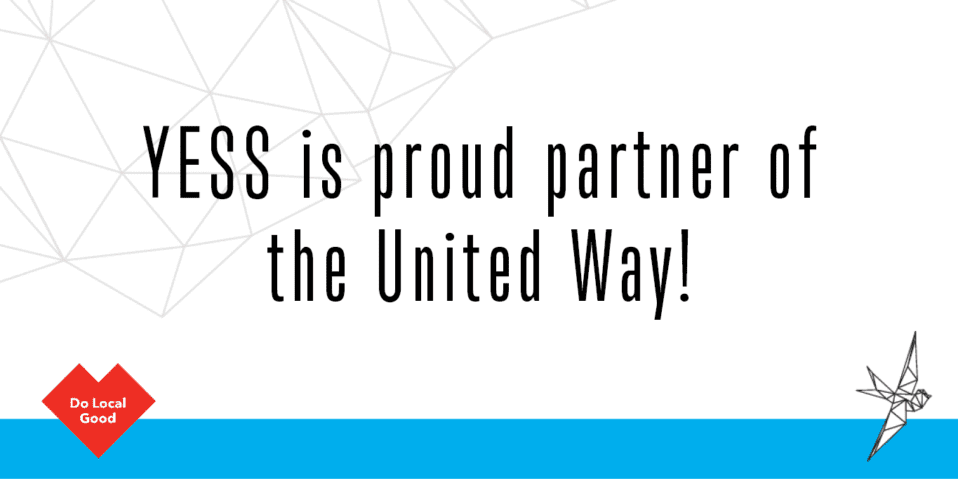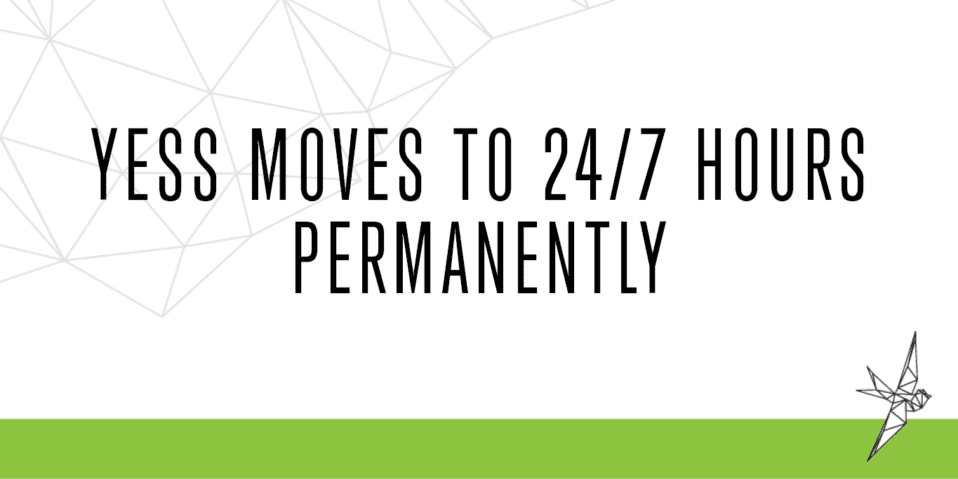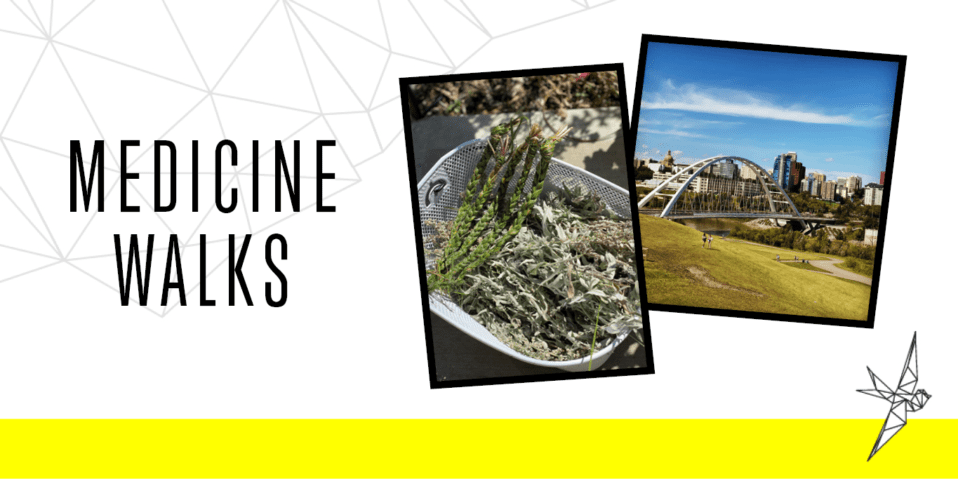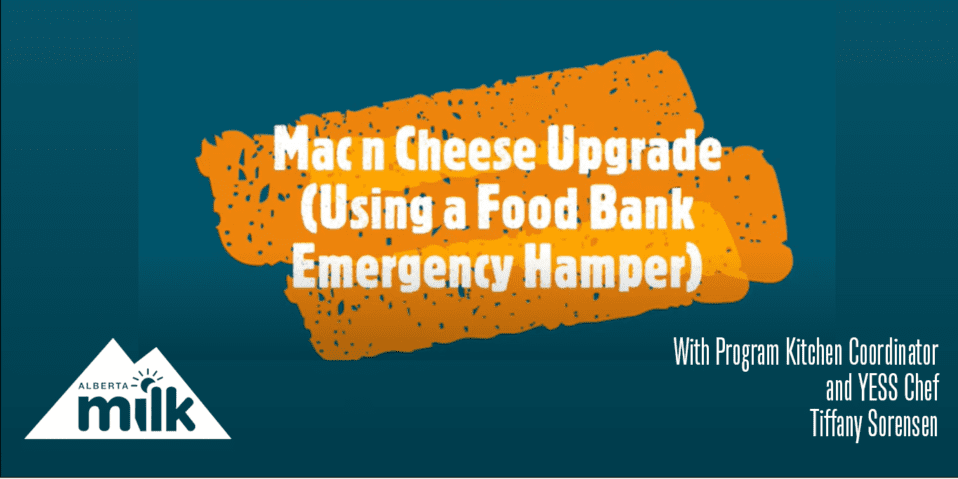We were so excited to premiere the incredible artwork from local artist Jonathan Busch on the cover of our 2019/2020 Annual Report. This was a very special project spearheaded by Manager of Shelters Tessa Mulcair.
Hear more from Tessa on her aim for this project, get to know Jonathan, and learn how this collaboration created some incredible artwork!
Our youth are incredibly diverse in so many ways, they represent many cultures, races, religions, sexual orientations, gender expressions, and different neuro and physical abilities. When youth who are experiencing trauma are looking for support it can difficult for them to know where they will be accepted. I wanted to have some artwork created that could signal to youth that they will be accepted at YESS, that these diversities would never be a barrier to getting the support that they need from us.
I have had the pleasure of being a judge for an annual YESS fundraiser drag competition that Jonathan has organized, and through that have become acquainted with his incredible art. I was drawn to having Jonathan do the art for our youth because the portraits he does have a modern edginess to the them and manage to reflect emotion and mood authentically. I was not disappointed! The art he created for YESS captures not just the diversity of our youth but the spirit and individuality is reflected so well. From the pensive gaze to the all out sass, and many expressions in between.
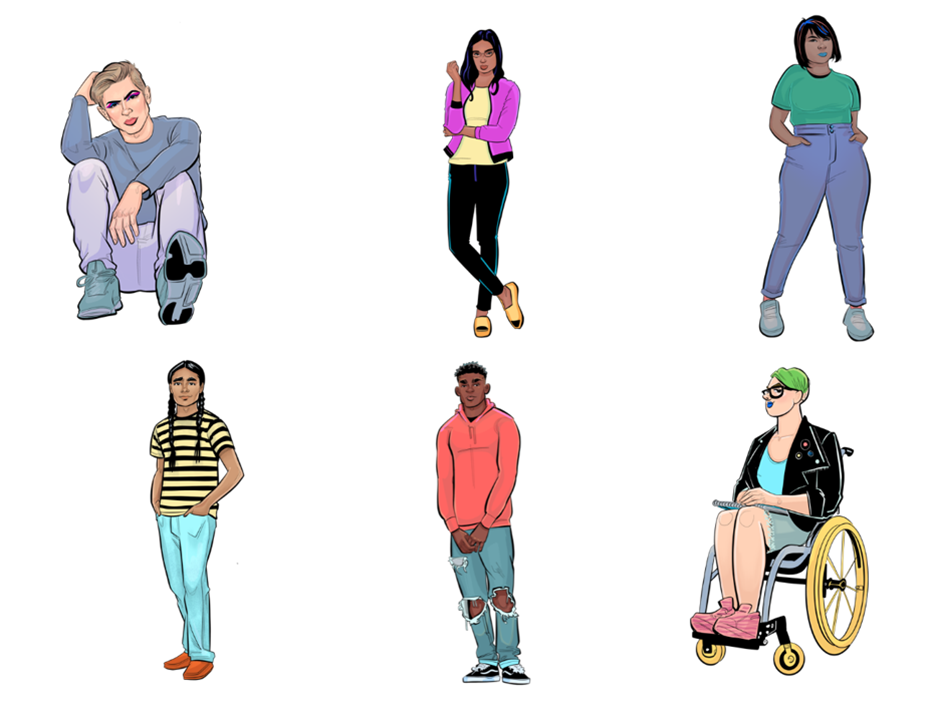
Get to Know Artist Jonathan Busch
Tell us a bit about yourself!
I’m a queer artist, drag queen, and public library employee, born and raised in Saskatchewan. I make digital art, mostly portraits but other stuff, which I like to share online, also on t-shirts, fridge magnets, stickers, and other kinds of homemade merch. I also do commissioned artworks for a variety of clients. I have two cats.
What was the vision and collaboration behind the new YESS artwork?
Tessa approached me about creating an artwork for the YESS Facebook banner, and I was definitely on board. It was all her vision and also general design, which cohered very well with my style of work.
She and I had also collaborated on a fundraiser for YESS, a drag competition called Mz. Arthaus, which I organized and hosted. To be honest, the project came about more or less because I wanted to host my own competition-style event, and often such events make great fundraisers. A chance conversation with Tessa led me to want to raise funds for YESS, which I had heard of through various channels. It seemed like a perfectly suitable choice because I see drag events as opportunities to inspire and empower others through creativity and to build each other up with self expression. There seems to be a shared interest there.
What is something you wish the community knew about YESS youth?
I guess I just wish people knew that the YESS youth exist, and that YESS itself exists to help provide the empowerment and support that all young people require and deserve to flourish in their lives and society, that it’s going into building a better world.

